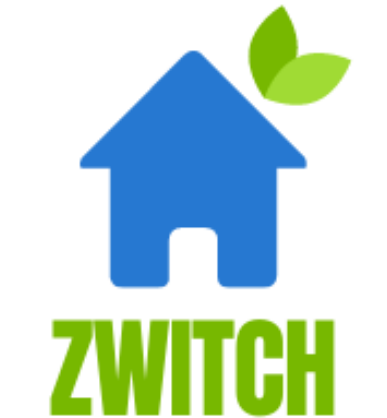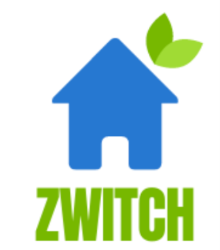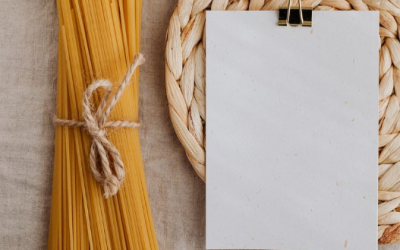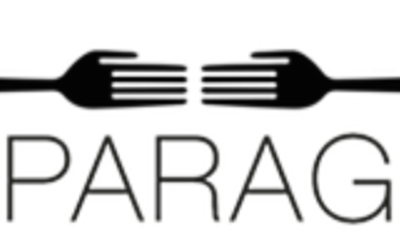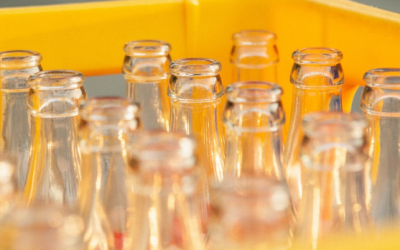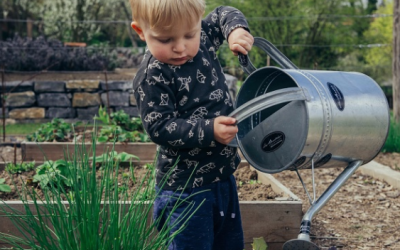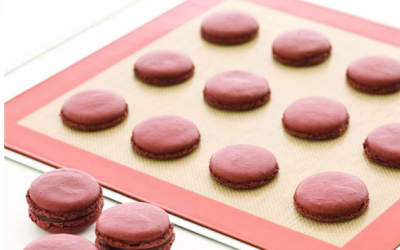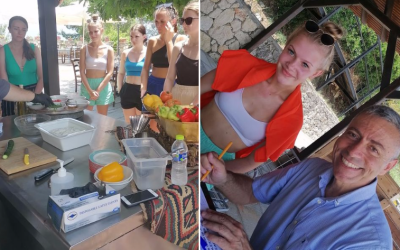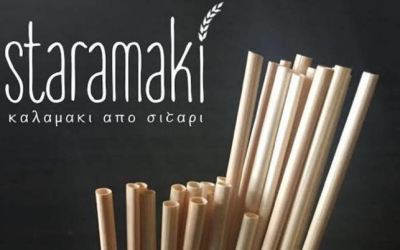At P.A.P Corp
At P.A.P Corp., @Paphotels Summer, they were asked what they feel after becoming one of the Best Practices after the research in the European funded Erasmus+ program for Zero Waste: ZWITCH.
Everyday Zero Waste tip
The planning of meals is one of the most effective ways you can reduce food waste and save on your food bills. Check your cupboard, then make a plan…
The ZWITCH website is live!
Check it out here https://zwitchproject.eu/ and stay tuned for exciting news & updates on the e-learning platform!
Recovering unsold goods
Head for Rungis, the world’s largest fresh produce market which is a godsend for those who want to pick up the day’s unsold goods for free.
Waste Handling Practice
The term “returnable vacuum” means that a container (typically glass bottles, but also PET plastic bottles) must be returned to the supplier once emptied, so that it can be reused (up to 20 reuses for PET bottles, 40 for glass bottles).
Everyday Zero-Waste tip
Choose loose leaf tea over tea bags! Loose tea leaves are: Sweeter higher on quality packed with more health benefits able to stay fresh longer able to be re-steeped available in a vast variety of flavors! Which tea is your favorite?...
Cultivating your own garden
During the period of the covid-19 pandemic, the practice of cultivating your own garden became part of everyday life again for many people.
Everyday Zero Waste tip
Use a silicone baking mat instead of parchment paper! Silicone
Tameside College from the UK
Students at Tameside College from the UK were introduced to ZWITCH during their study abroad at Alexander the Great Beach Hotel!
Staramaki
Staramaki is a Social Cooperative Enterprise based in Kilkis, a rural region in Greece, which uses the byproduct of local wheat cultivation to create a viable, eco-friendly alternative to single-use plastic straws.

Zero Waste in Training of Catering and Hotel
2021-1-FR01-KA220-VET-000024799
Funded by the European Union. Views and opinions expressed are however those of the author(s) only and do not necessarily reflect those of the European Union or the European Education and Culture Executive Agency (EACEA). Neither the European Union nor EACEA can be held responsible for them.

